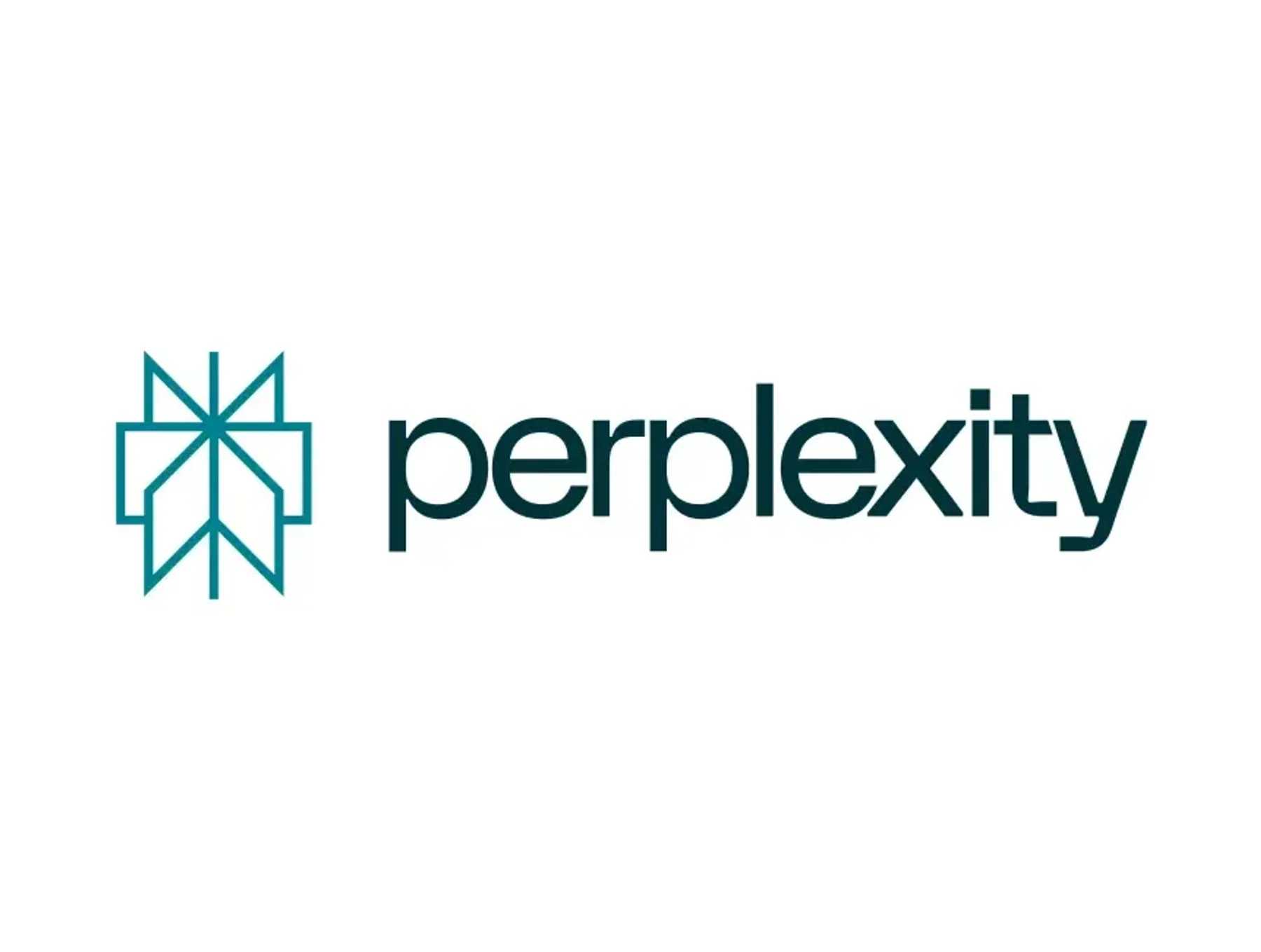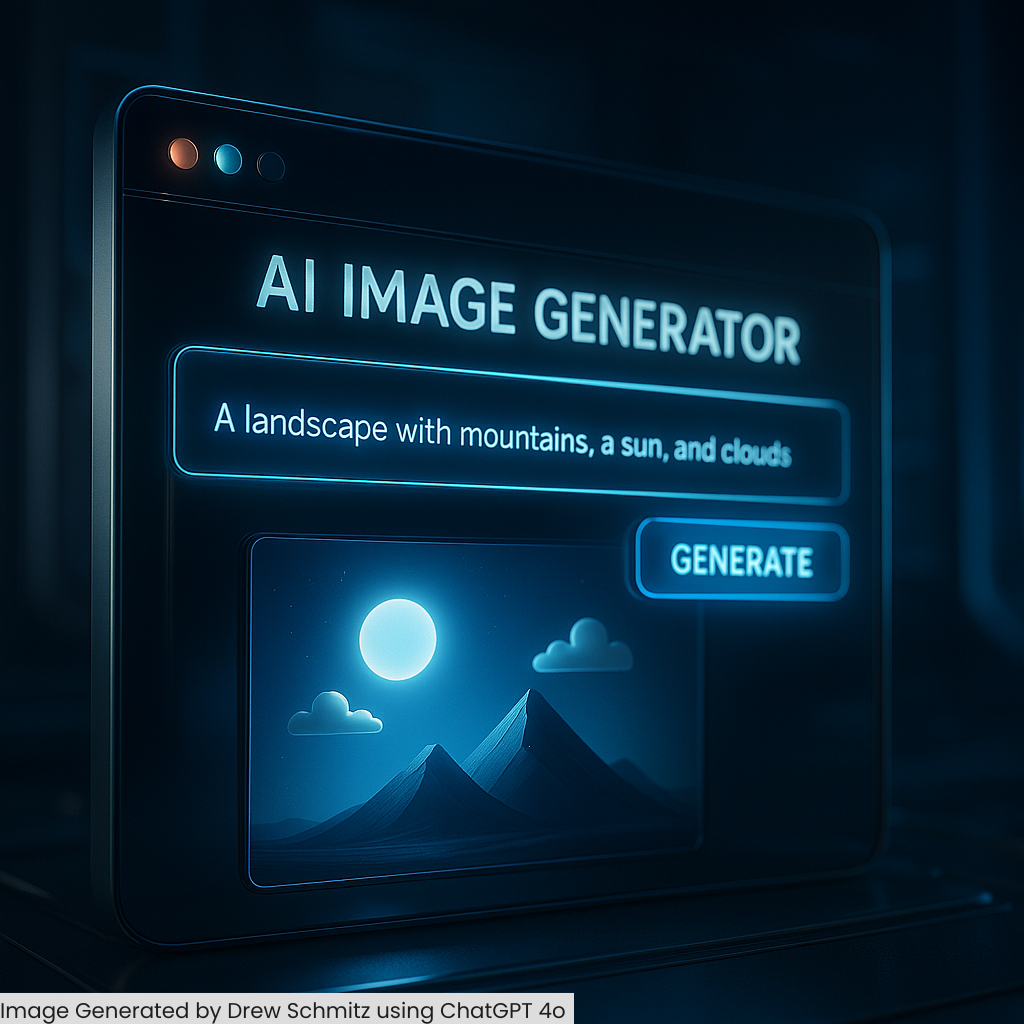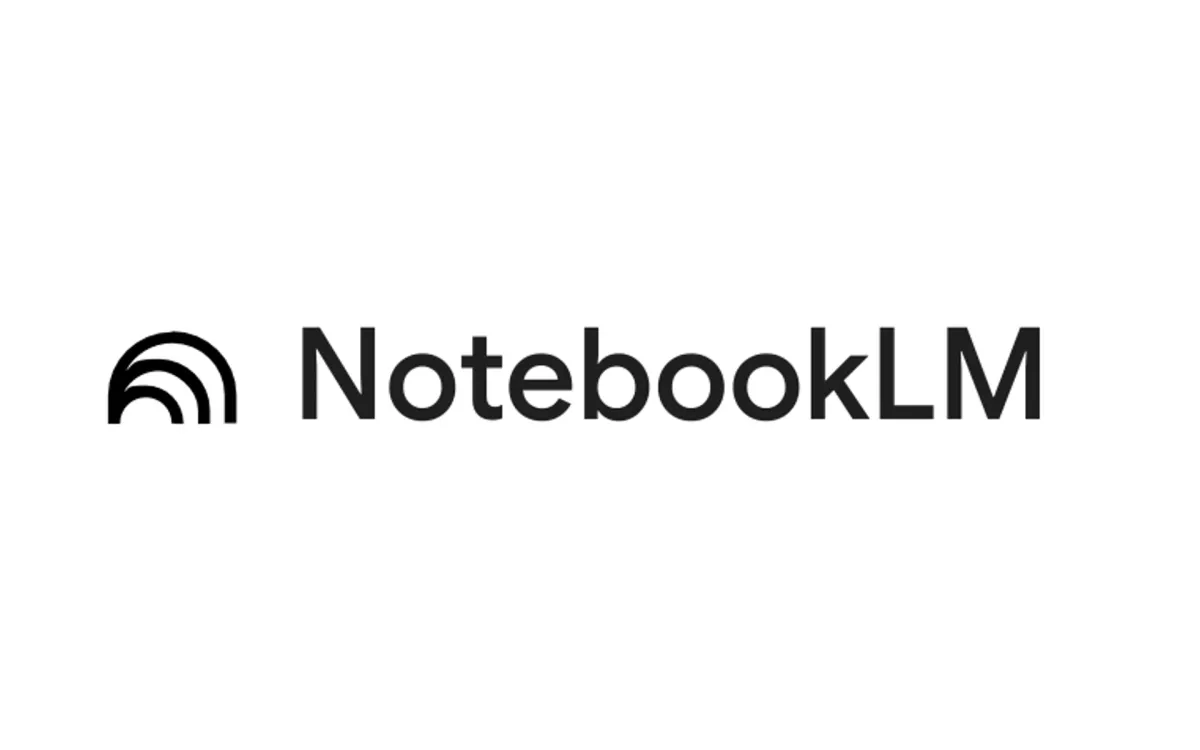At Intelligence Assist, we help small and medium-sized businesses navigate AI adoption by identifying the right tools, use cases, and implementation strategies. One of the most important early decisions we support is choosing a Core AI tool—the general purpose AI assistant that becomes a foundational part of the organisation’s AI toolkit.
Here are some examples of Core AI tools we recommend clients consider as part of their AI Foundation:
- ChatGPT (OpenAI) – A strong all-rounder with advanced conversational capabilities and customisation through Custom GPTs.
- Gemini (Google) – Best suited for teams already using Google Workspace, with deep integration into Docs, Sheets, and Gmail.
- Microsoft Copilot – Ideal for organisations using Microsoft 365, enabling task support and automation inside familiar tools like Word, Excel, and Outlook.
- Claude (Anthropic) – Known for its friendly tone, longer memory, and context windows, making it a great option for complex writing and analysis tasks.
- Perplexity – A research-focused tool that excels at retrieving and summarising information from the web with source transparency.
Understanding Base Agents
A feature within each Core AI tool is what we call a Base Agent. Base Agents represent the first step into AI augmentation. These are human-triggered assistants designed for a focused task.
We define Base Agents as: “Configurable assistants created inside your Core AI tool, designed to respond to natural language prompts and perform simple, repeatable tasks.”
Examples include:
- Custom GPTs in ChatGPT
- Gems in Gemini
- Copilot Studio agents in Microsoft Copilot
These are not fully autonomous agents, but they mark a clear step towards customisable, task-oriented AI support.
Our Base Agent Showdown
With several Core AI tools now offering the ability to build Base Agents, we were curious—which platform delivers the best experience for building and using them?
So, we decided to put them to the test in a friendly internal showdown: the Battle of the Base Agents.
Three Intelligence Assist team members were each assigned one Core AI tool:
- Issey was assigned ChatGPT’s Custom GPTs
- Janey explored Gemini’s Gems
- Sam worked with Copilot Studio
To make this comparison fair, we chose a common use case: each person would build a Base Agent to help generate an AI Accelerator description—a task we perform frequently when working with clients.
Each team member had from Wednesday until Friday afternoon to build their assistant and prepare a presentation for the rest of the IA team—a tight timeline that reflected real-world constraints.
Judging Criteria
A judging panel of five Intelligence Assist team members established four criteria for scoring:
- Output Quality – Assessing the accuracy, clarity, consistency, and presence of errors in the generated results.
- Ease of Use – How intuitive and accessible the Base Agent was to interact with.
- Ease of Development – How easy it was to build and configure the Base Agent from scratch.
- Features & Range – The breadth of actions and functionality the Base Agent could handle.
With the tools assigned, the judging criteria defined, and the challenge set, Issey, Janey, and Sam had until Friday afternoon to bring their Base Agents to life.
The Results
After a week of building, testing, and refining, our team gathered to assess each Base Agent’s performance. Here’s what we discovered:
Bronze Medal: Gemini’s Gems (101/200)
Janey’s experience with Gemini’s Gems revealed some significant limitations, though not without bright spots.
Development Challenges: One of the most notable issues was the lack of a natural language option to edit instructions. While Janey could create the first version using natural language, she then had to use Gemini itself to adjust this version into the right format and detail—a cumbersome workaround.
Knowledge Base Limitations: Gems struggled with handling multiple types of knowledge files. When provided with a variety of resources (a SEM file about Intelligence Assist, an example AI Adoption Plan with AI Accelerators, example Accelerators, and an Intelligence Assist brochure), performance suffered noticeably. The system worked much better when restricted to just example files.
Ecosystem Constraints: As our team doesn’t use Google Workspace, it was difficult to fully assess what actions Gems could take within that ecosystem. This highlights an important consideration for businesses evaluating Base Agents—your existing tech stack matters.
Future Outlook: Interestingly, we observed that Google may not be investing heavily in Gems development, as they appear to be focusing resources on Agentspace instead. From what we’ve seen, Agentspace looks promising and could potentially rival tools like Relevance AI, n8n, and Zapier Agents.
Output Quality: Despite these challenges, Janey was “very very pleased” with the actual outputs that Gems produced, suggesting that the underlying AI capabilities are strong even if the development experience needs improvement.
Silver Medal: Microsoft Copilot Studio (108/200)
Sam’s experience with Copilot Studio revealed a platform with significant potential but also with a steeper learning curve and some reliability issues.
Learning Curve: The development process was not intuitive—Sam had to watch several YouTube videos just to figure out how to use the platform effectively. This indicates a higher barrier to entry compared to other options.
Configuration Complexity: While Copilot Studio does allow for natural language instructions, configuring the agent requires navigating through multiple screens to access deeper settings. This multi-layered approach can make development more time-consuming.
Reliability Concerns: Perhaps most concerning was that the agent “kept breaking down” during testing, raising questions about its stability for production use.
Output Quality: The output was described as “ok,” but didn’t particularly impress, and Sam noted that the agent “didn’t really learn” from interactions.
Integration Advantage: The strongest feature was its seamless integration with Microsoft Teams, making it easily accessible within our existing workflow. However, as Sam noted, this could be considered an “unfair advantage” since we are primarily a Microsoft-oriented company.
Gold Medal: ChatGPT’s Custom GPTs (160/200)
Issey’s Custom GPT “won by a landslide,” demonstrating why OpenAI’s platform has become so popular for creating customised AI assistants.
Intuitive Development: The configuration process was remarkably straightforward. The ability to train and refine the GPT using natural language made development accessible even without technical expertise.
Knowledge Integration: Custom GPTs excelled at handling various knowledge sources—Issey could “add loads of files” through simple copy and paste operations, without the performance degradation seen with Gems.
Sharing Capabilities: The platform offers flexible sharing options, allowing distribution either via a simple link or through ChatGPT Teams accounts, making collaboration effortless.
User Experience: Both building and using the Custom GPT proved intuitive, with minimal learning curve compared to the other platforms.
Overall Performance: The Custom GPT consistently delivered high-quality outputs for our AI Accelerator descriptions task, making it the clear winner in our assessment.
Conclusion: Choosing Your Core AI Tool
Our Battle of the Base Agents revealed significant differences between these platforms, with ChatGPT’s Custom GPTs emerging as our decisive winner (160/200), Microsoft Copilot Studio securing a distant second place (108/200), and Gemini’s Gems showing promise but requiring significant improvement (101/200).
These findings should inform how you select your organisation’s Core AI tool, as Base Agents represent an important capability within these broader platforms. When making your decision, consider these factors:
-
Organisational AI Strategy: Base Agents are just one element of your AI toolkit, but they can significantly enhance productivity by automating routine tasks. Consider how they fit within your overall AI adoption roadmap.
-
Existing Technology Ecosystem: While Microsoft Copilot Studio benefits from deep integration with the Microsoft 365 suite, our testing shows that this advantage may not outweigh the superior usability of ChatGPT if Base Agents are a priority for your team.
-
Knowledge Management Requirements: If your Base Agents need to draw upon company documentation, product information, or other proprietary knowledge, consider how each Core AI tool handles varied information sources. Custom GPTs demonstrated superior abilities to ingest and effectively use multiple knowledge files.
-
User Experience Priority: For teams without technical expertise, the intuitive development experience of Custom GPTs removes significant barriers to AI adoption, potentially accelerating your organisation’s AI journey.
-
Future Flexibility: Consider not just current capabilities but development trajectories. Google’s apparent shift toward Agentspace suggests potential future changes in their Base Agent approach.
At Intelligence Assist, we’re committed to helping organisations make informed decisions about their AI adoption journey. While Custom GPTs won our challenge decisively, the right Core AI tool for your business depends on your specific requirements, existing systems, and strategic goals beyond just Base Agent capabilities.
As you continue your AI adoption journey, remember that selecting the right Core AI tool is a foundational decision that will shape how your organisation interacts with artificial intelligence for years to come. Base Agents represent an exciting first step into customised AI assistance, but they’re just one factor to consider in your broader AI strategy.
If you’d like to discuss which Core AI platform might be right for your organisation, or need assistance implementing these tools effectively, get in touch with our team today.








